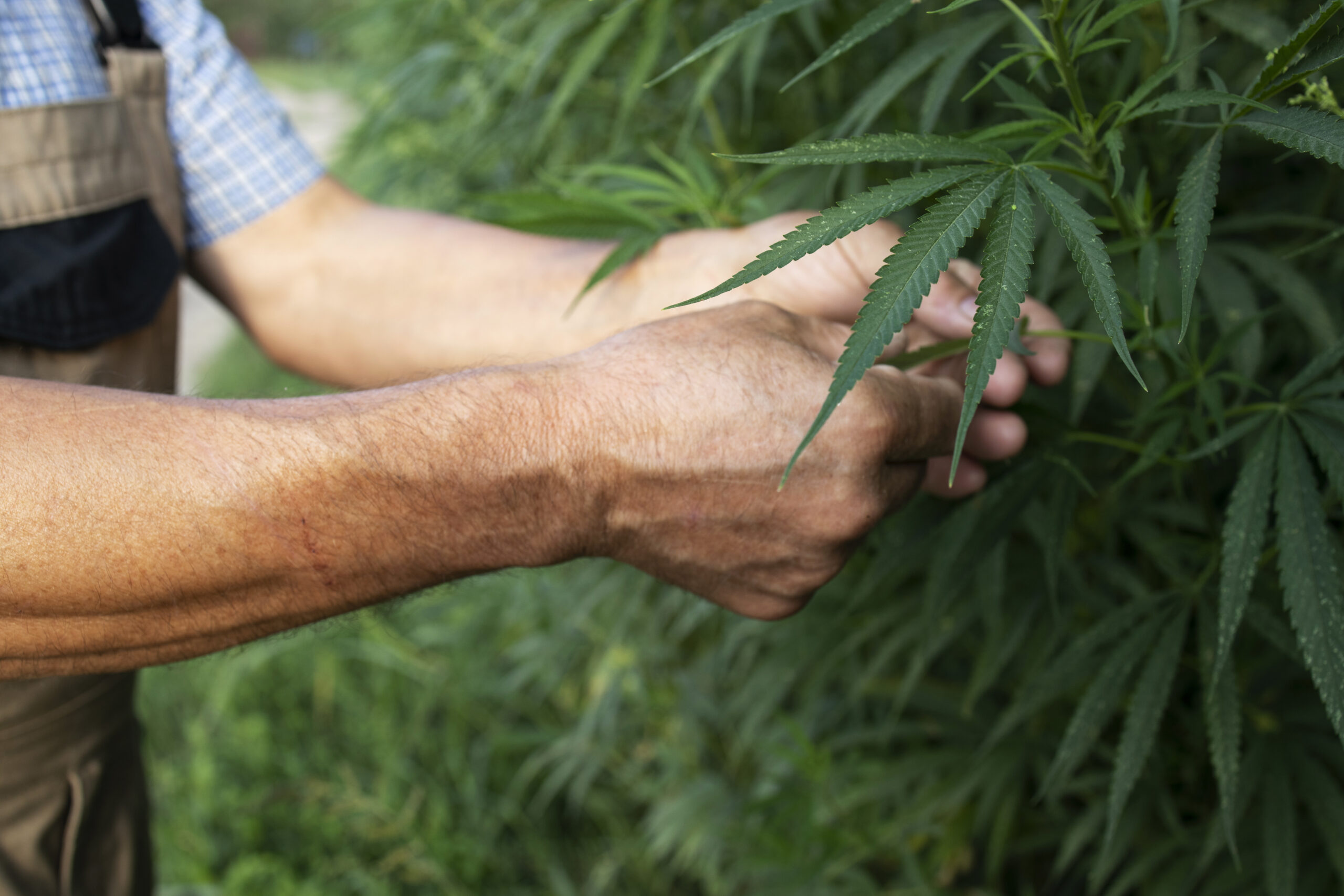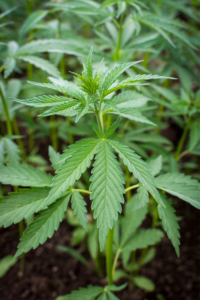In a momentous turn of events, the 2018 Farm Bill, enacted in December of that year, brought forth a transformative provision that forever altered the landscape for hemp.
Legalization of Hemp
This provision addressed the long-standing uncertainty surrounding hemp’s legal status by effectively removing it from the confines of the Controlled Substances Act (CSA). Defined as Cannabis sativa with a THC content below 0.3%, hemp became legally recognized and open to cultivation and processing across the entire United States, subject to state regulations.
The implications of this historic legislative change cannot be overstated, particularly for the agricultural sector. Farmers in all 50 states suddenly found themselves with newfound opportunities for growth and diversification. Formerly illicit cultivators of hemp were granted legitimacy, leading to an exponential surge in job opportunities within the industry. Moreover, entrepreneurs were now presented with a clear pathway to develop innovative businesses centered around hemp-derived products, ranging from paper and fabric to the widely popular cannabidiol (CBD). The marriage of traditional agrarian practices with cutting-edge ventures has fostered the emergence of hybrid enterprises that not only generate sustainable employment but also contribute to the overall vitality of the agricultural ecosystem.
Beyond its immediate economic impact, the legalization of hemp under the Farm Bill brings forth a multitude of benefits. Consumers now enjoy increased protection, as hemp-derived products undergo stringent quality control measures. Furthermore, the legalization has opened up a realm of specialty consumer goods derived from hemp plants, providing greater access to an array of innovative and sustainable products.
With the passage of the Farm Bill and the subsequent establishment of these pivotal provisions, the future of US agriculture has been unequivocally shaped by hemp. From empowering farmers with expanded opportunities to fostering entrepreneurial endeavors and bolstering consumer welfare, hemp legalization stands as a testament to the industry’s potential and the unwavering progression of American agriculture.
Licensing Requirements for Farmers
The myriad benefits of hemp cultivation have captivated farmers for centuries. This incredibly versatile crop, with its wide-ranging applications in industries as diverse as textiles, paper production, and even nutritional supplements, has captured the attention of innovative entrepreneurs seeking cash-friendly alternatives to traditional crops. However, before farmers can embark on their hemp-growing journey, a crucial step awaits them: obtaining a license from their state’s Department of Agriculture.
Across the United States, each state has established its own set of requirements that farmers must fulfill in order to secure a hemp cultivation license. These prerequisites vary from state to state, encompassing factors such as minimum acreage thresholds, the development of comprehensive business plans, and the acquisition of valid liability insurance. Additionally, a licensing fee must be paid, and strict adherence to all applicable laws and regulations governing hemp cultivation is mandatory.
The licensing process represents an entry point into a world of exciting possibilities for agricultural innovators. With the right license in hand, farmers can tap into the boundless potential of this unique crop, exploring its manifold applications and reaping the rewards of their labor. From sustainable materials for a wide array of industries to the rising demand for hemp-derived products, hemp farming presents a lucrative avenue for income diversification and agricultural ingenuity.
It is worth noting that the legal landscape for hemp cultivation shifted dramatically with the passage of the 2018 Farm Bill. Hemp is now recognized as a legal crop in all 50 states, further fueling interest and opening doors for enterprising farmers. Should you be interested in joining this exciting industry, we recommend reaching out to your local agriculture department for comprehensive information regarding licensing procedures and regulations specific to your state.
As the demand for hemp continues to grow, embracing this dynamic crop can prove to be a transformative endeavor for farmers seeking profitable alternatives and sustainable agricultural practices. With the necessary license secured, the fascinating world of hemp farming awaits, ready to unlock new opportunities and contribute to a thriving agricultural landscape.



